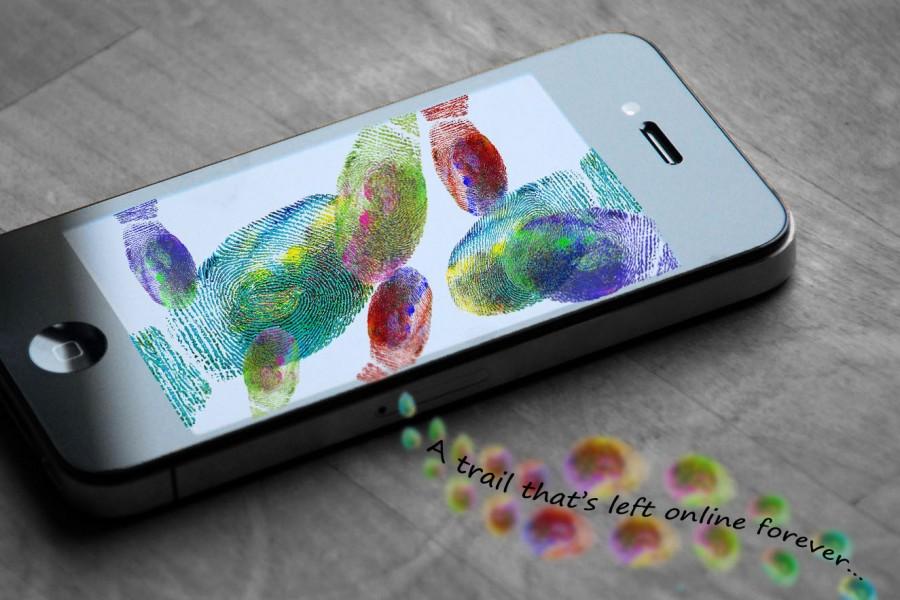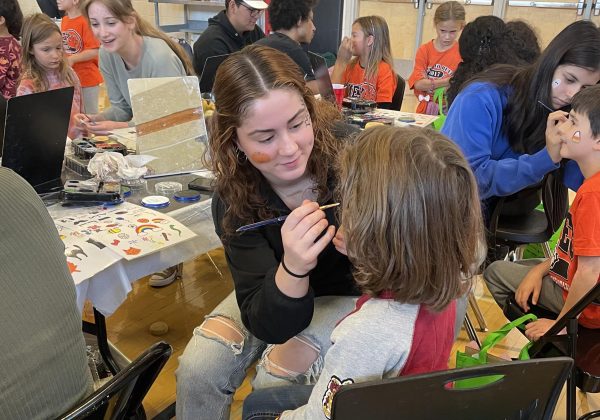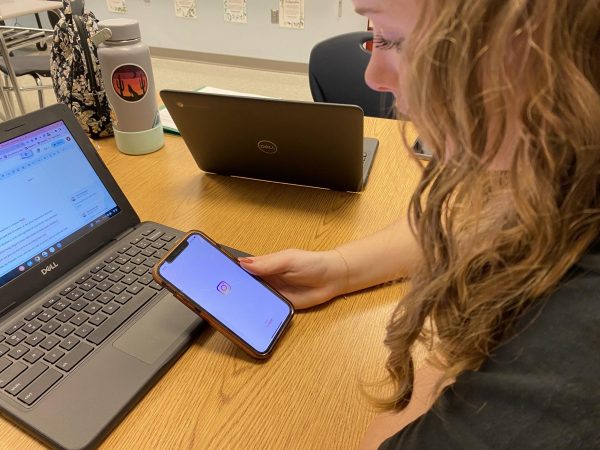Digital Footprints: How will your posts affect your future?
April 22, 2015
Have you ever thought about how a simple post on social media could affect you for the rest of your life?
Your digital footprint… A trail you leave online forever.
A digital footprint is data left behind by users on digital services. Digital footprints are created when personal data is released (usually carelessly) by a user for the purpose of sharing information about oneself by means of websites or social media.
On April 13th, the first of three Lancer advisement lessons on digital footprints was held. The lessons cover the dangers of student digital footprints, how they can be improved over time, and how a digital footprint can even be a positive step.
“The advisement lesson went over really important subjects and I’m definitely going to be more careful online from now on,” said Kaylee Henry, sophomore.
How can your digital footprint affect you now and in the future?
College admission: When applying to college, all aspects of an applicant are taken into consideration, and often times this means the applicant’s online presence.
“When I was applying to schools, I made sure to privatize all of my social networking accounts from the general public,” said freshman business major Michael Harnisch when interviewed by Collegiate Times. “I made sure my profile picture was ‘neutral’ too.” Colleges monitor even the slightest details, such as a screen name or a small post on social media that could imply “bad behavior.”
“It bugs me when students use email addresses that they made in middle school for official communication with colleges. What college admission counselor would want to accept ‘[email protected]’?” said Mrs. Natalie Rebetsky, English teacher.
Jobs: According to The Career Builder, 63% of hiring managers decide not to hire an applicant because of something they found questionable on a social networking site. This includes posts implying drinking or using drugs, poor communication skills, previous criminal behavior, or even immaturity due to an unprofessional screen name.
“Digital footprints are important to be informed about because everyone has access to them; students need to know how to improve and shape their personal digital footprint the way they should and want to shape it,” said Mrs. Marsha Thompson, media specialist. “It’s also important to inform students that they have the power to impact someone else’s digital footprint with things like direct tags; they should be more careful.”
Studies show that 87% of Americans can be identified online with as little as three facts : zip code, birthday, and gender. These things are very simple to access in today’s society, especially from social media.
Some things to keep in mind before posting online:
“Could this impact me in the future?”
“Could this hurt someone I know?”
“How would I feel if I was the one receiving or reading that?”
It is easy for things posted online to be misread or falsely interpreted. The lessons encouraged students to asked themselves questions. If students were talking to someone face-to-face, would they say the things they post on social media? Our actions online can make or break a person’s future, so making the right decisions is critical.
Students were made aware that people nowadays are far too comfortable with posting anything and everything on social media including locations, personal information, and posts from parties. What they’re not thinking about is the way these things can effect them whether it has to do with careers, relationships, or everyday activities. They should be wary of what they post – anybody can see, whether you want them to or not.














Luciana Queen • Feb 26, 2019 at 3:31 pm
This is a very informational text
Julian Garcia • Apr 3, 2018 at 2:15 pm
My posts for the future will be more wise. I’ll be wise with what I post and where I post on social media. I have learned that you need to be careful for what you share on social media because footprints can follow you.
Peridot • Jan 18, 2017 at 8:19 am
could it affect your family ..